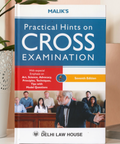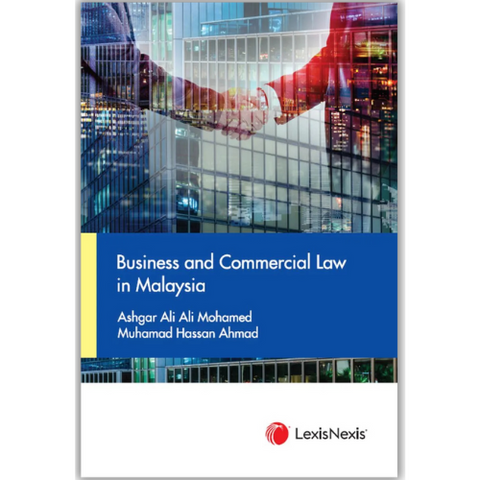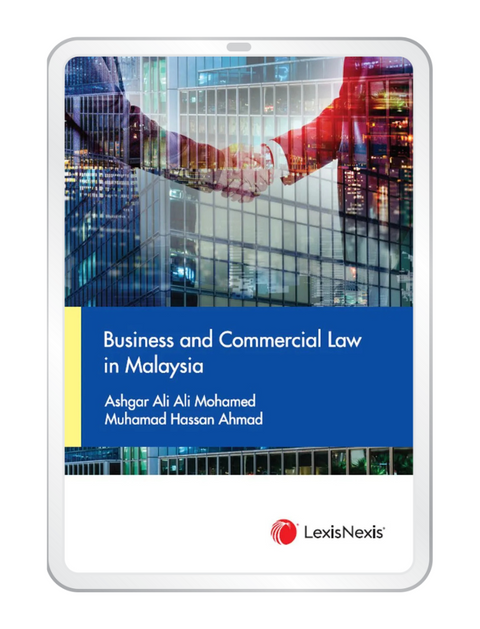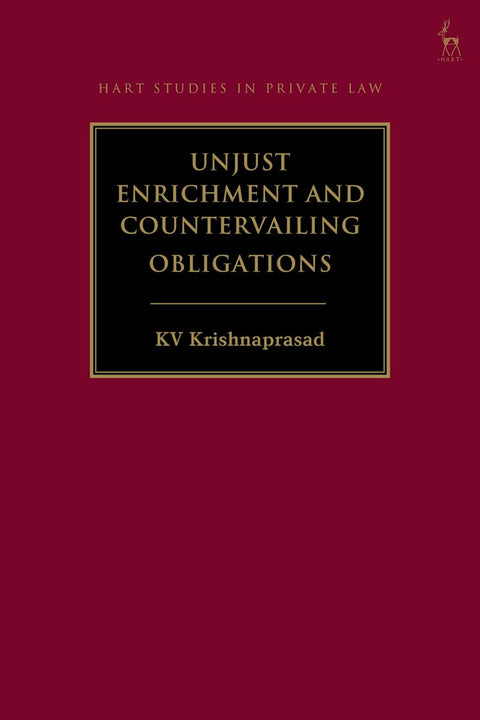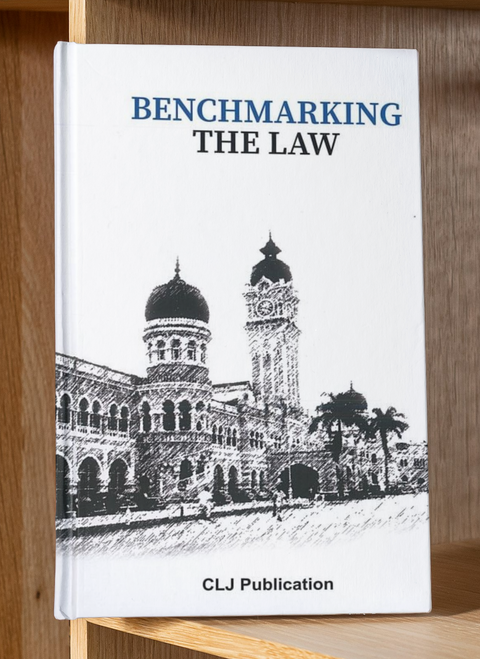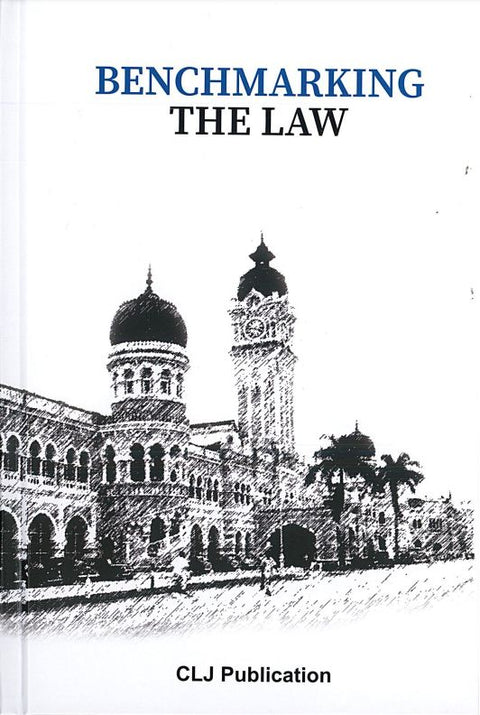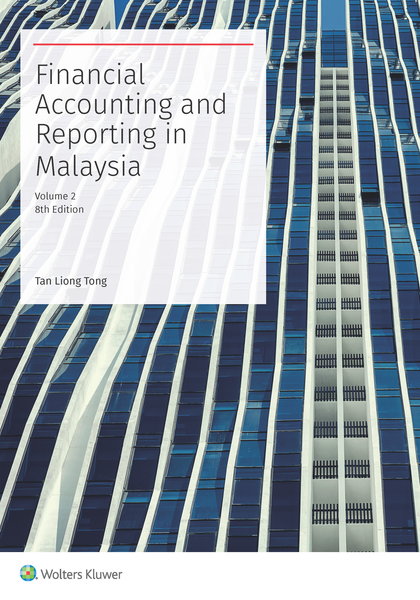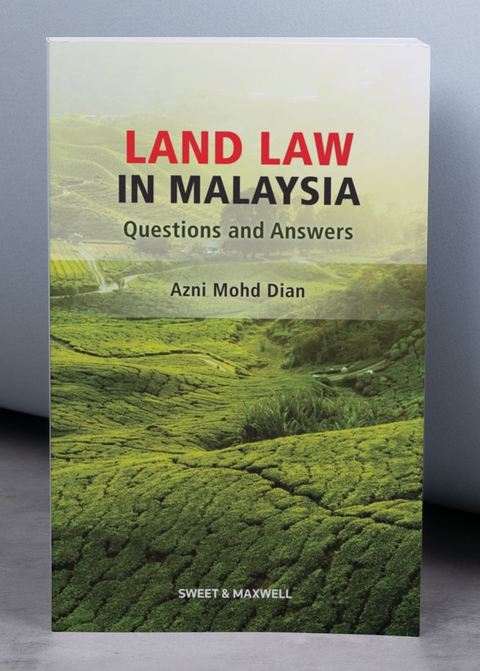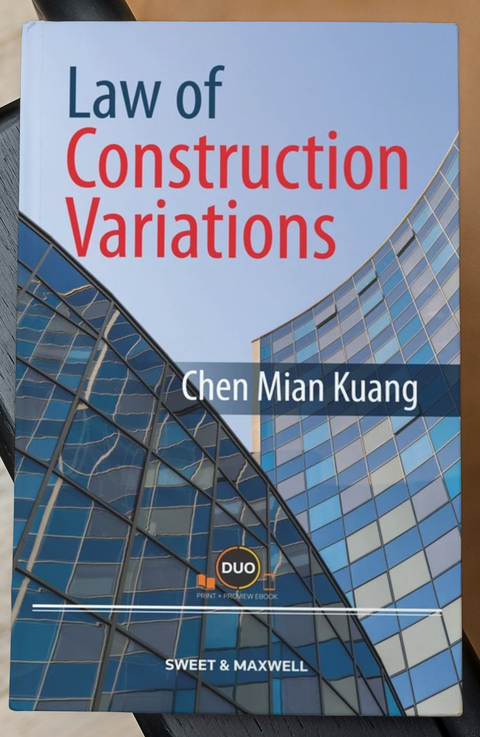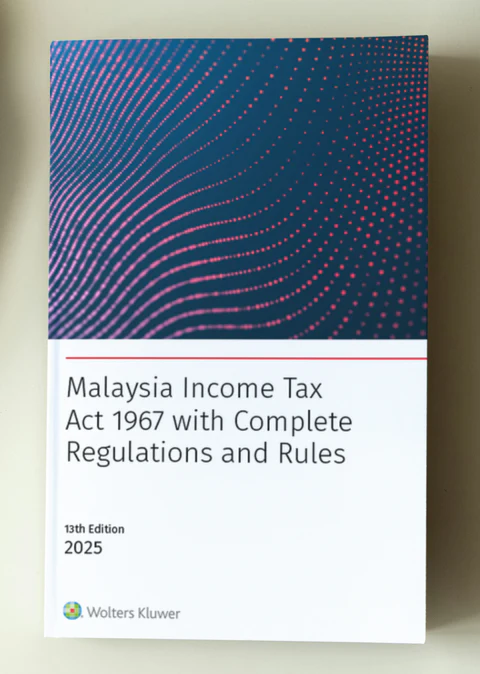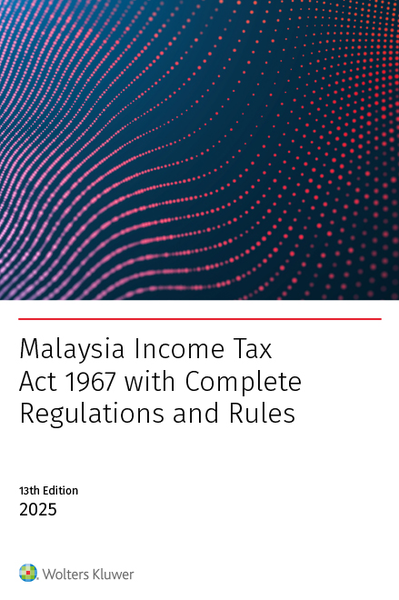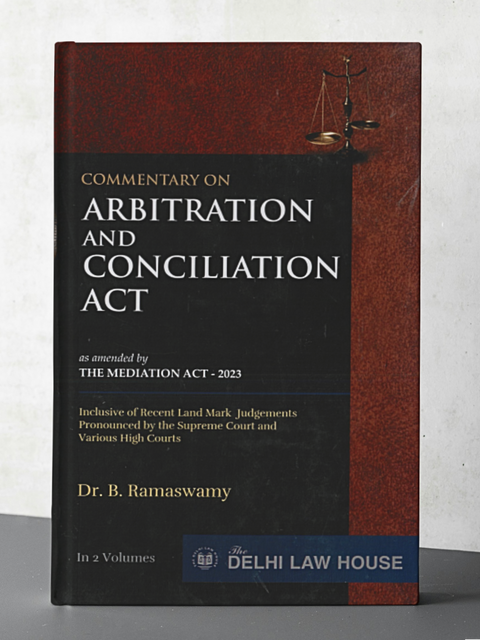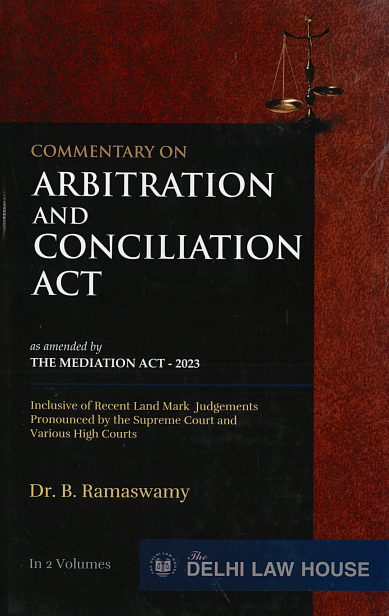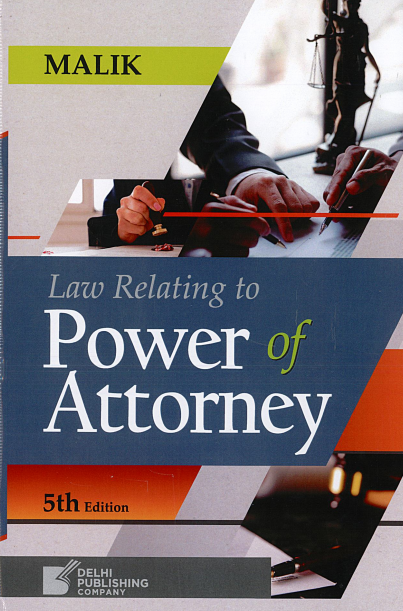




Malik’s : Commentary On Law Of Arms & Explosives Alongwith Explosives Rules
Malik’s : Commentary On Law Of Arms & Explosives Alongwith Explosives Rules
| Author | Malik |
| Publication Date | 2023 |
| ISBN | 9789388918114 |
|
Format |
Hardcover |
| Publisher | Delhi Law House |
'Arms' refers to any object designed or modified to be used as a weapon for offense or defense. This includes firearms, sharp-edged weapons, and other deadly instruments, as well as parts of machinery used to manufacture such arms, but excludes items meant solely for domestic or agricultural use. 'Firearms' specifically refers to weapons designed to discharge projectiles using explosives or other forms of energy. Firearms and ammunition are significant aspects of India's penal laws, as the use of firearms in criminal activity has been a matter of public concern. The Arms Act of 1959 consolidates various regulations that have evolved since 1841 and aims to address the inflexibility of the Indian Arms Act of 1878, which was originally introduced by British rulers to disarm the population and hinder citizens from legally obtaining firearms, even for self-defense.
The burden of proving that a weapon still qualifies as a firearm lies with the prosecution. If a weapon is in an unserviceable condition and no evidence is provided to show it could be easily repaired to function, the prosecution fails to meet this burden. Section 39 of the Arms Act requires official sanction before prosecuting anyone for offenses under Section 3, which prohibits the possession, acquisition, or carrying of firearms or ammunition without a proper license. However, this does not apply if the firearm is used for unlawful purposes. If someone merely possesses a firearm without using it for a crime or breaches licensing conditions, official sanction is needed for prosecution.
The Indian Explosives Act of 1884 was introduced when the country had no domestic production of high explosives and only a few basic types were manufactured. The Explosives Act is constitutionally valid, as its requirement for a license for acquiring, holding, or disposing of explosives is permissible under Article 19(6) of the Indian Constitution.
The subject of arms and explosives is extensive and cannot be fully covered in one book, but such a resource is essential. This book is a comprehensive guide that incorporates principles of criminal law, the latest case law, and relevant statutes, some of which are reproduced in full in the appendices.
Latest releases
Get your copy today!




